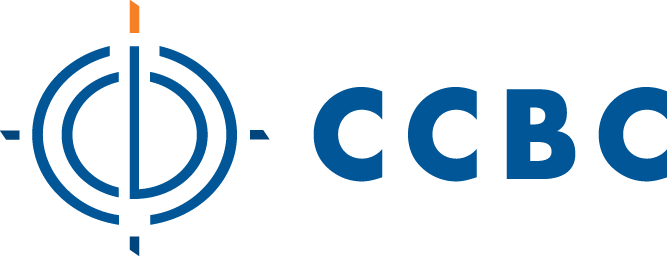Health History Introduction
Open Resources for Nursing (Open RN)
“‘Sickness’ is what is happening to the patient. Listen to them.”[1]
The profession of nursing is defined by the American Nurses Association as “the art and science of caring and focuses on the protection, promotion, and optimization of health and human functioning; prevention of illness and injury; facilitation of healing; and alleviation of suffering through compassionate presence. Nursing is the diagnosis and treatment of human responses and advocacy in the care of individuals, families, groups, communities, and populations in recognition of the connection of all humanity.[2] Simply put, nurses treat human responses to health problems and/or life processes. Nurses look at each person holistically, including emotional, spiritual, psychosocial, and physical health needs. They also consider problems and issues that the person experiences as a part of a family and a community. To collect detailed information about a patient’s human response to illness and life processes, nurses perform a health history. A health history is part of the Assessment phase of the nursing process. It consists of using directed, focused interview questions and open-ended questions to obtain symptoms and perceptions from the patient about their illnesses, functioning, and life processes. While obtaining a health history, the nurse is also simultaneously performing a general survey. Visit the “General Survey Assessment” chapter for more information.
The process of using directed interview questions to obtain symptoms and perceptions about a patient’s illness or life condition. The purpose of obtaining a health history is to gather subjective data from the patient and/or the patient’s family so that the health care team and the patient can collaboratively create a plan that will promote health, address acute health problems, and minimize chronic health conditions.

